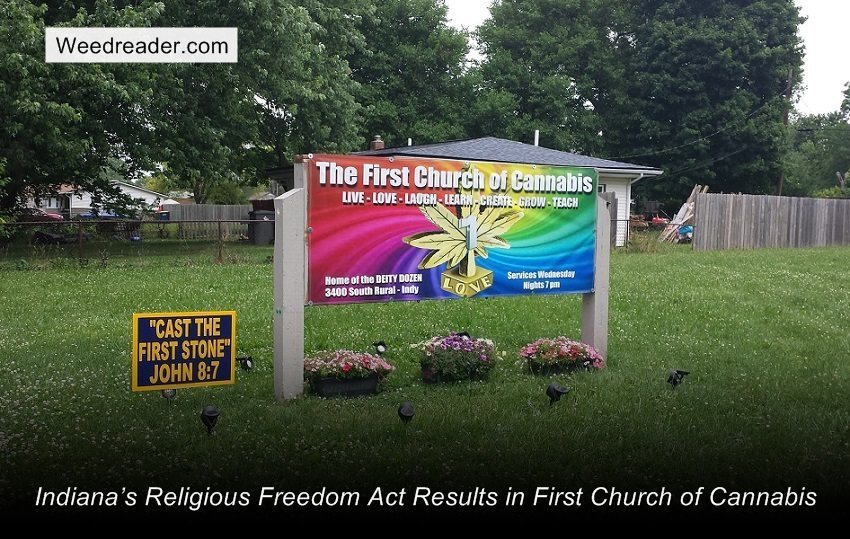On March 11th, the House Corrections Committee voted 11-1 to forward Missouri HB 978, a bill that would grant parole to inmates serving life sentences for non-violent marijuana offences. The bill was introduced in response to extensive campaigning on behalf of Jeff Mizanskey, a 61 year old grandfather who has spent more than 20 years behind bars for possession of marijuana.
Mizanskey was arrested in Sedalia MO in 1993, for being present during a drug deal gone wrong. Atilano Quintana, a known drug dealer being investigated by U.S. Customs, was picking up a hundred pounds of pot from New Mexico, and he brought Jeff along as his driver. His sources – Jose Reyes and Jorge Ibaudo – were to meet him at a local motel with the goods, but they were pulled over by highway patrol on the way into town. Cops found the drugs, and they arranged a set up to catch the buyer, Quintana, in the act. Mizanskey was just a “bonus,” in the wrong place at the wrong time.
The delivery guys were rewarded for their cooperation: Reyes served a year in county jail, Ibaudo was released without charges. Quintana, the intended buyer, and known drug dealer, served ten years.
Mizanskey was sentenced to life in prison, without possibility of parole.
Jeff is a victim of the “prior and persistent offenders” statute, which set a three-strikes-you’re-out policy for Missouri drug offenders. Only that statute was found to be cruel and ineffective, and has since been repealed (effective 1/1/2017). But the revision isn’t retroactive, and Mizanskey is still behind bars, and out of appeals. His only chance at going home to his family is for the governor to grant him clemency, or for Missouri lawmakers to pass HB 978.
If you’d like to support the #freejeffmizanksey movement, add your signature to the petition here.






